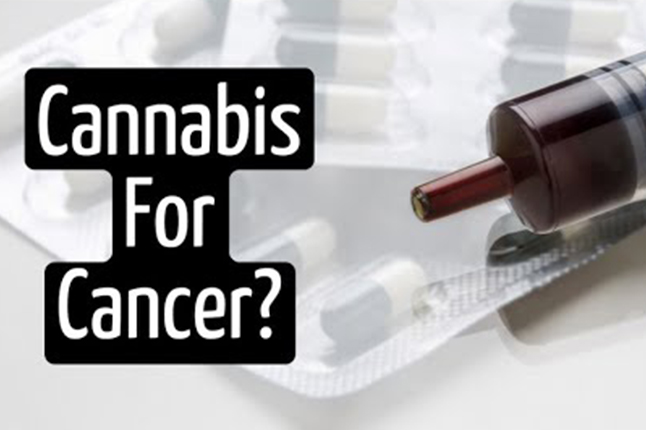Cancer affects nearly two million Americans every year. But, cancer patients face an array of health challenges and physical discomforts, from the cancer itself and from treatments, like chemotherapy and radiation.
A number of medications and other therapies can help cancer patients deal with the side effects of cancer treatment and its aftermath, and research indicates that cannabis can safely and effectively relieve the discomforts of multiple cancer-related issues, such as nausea, loss of appetite, pain and anxiety.
Cancer is a complex collection of related diseases, all caused by abnormalities in the process of cell growth and division. Cancer can begin in just abo ut any organ or tissue in the body. Depending on cancer type and the progression of the disease, treatments can include surgery to remove the cancer (or as much as possible) and chemotherapy or radiation (or both) to shrink tumors and destroy cancer cells throughout the body.
Common health issues facing cancer patients include pain, nausea, lack of appetite, and weight loss. Along with physical concerns, cancer patients can also experience insomnia, “brain fog,” and mood changes, including anxiety or depression. Multiple medications and therapies are prescribed to help patients manage these conditions, but cannabis is uniquely able to relieve a number of cancer-related health problems simultaneously.
Some research suggests that cannabis may have protective effects against the development of certain kinds of cancer. Other studies reveal that the cannabis compound cannabidiol, or CBD, might enhance the uptake of chemotherapy drugs. More research is needed on these applications of cannabis for cancer. But, numerous studies support the use of cannabis for managing issues, such as the loss of appetite, nausea, and weight loss that often accompany chemotherapy.
The many compounds in cannabis can directly activate the body’s endocannabinoid system – a network of cell receptors responsible for maintaining balance among the body’s many subsystems, including pain signaling, appetite regulation, immune responses, and mood.
Both CBD and THC (delta-9 tetrahydrocannabinol) can act on cannabinoid receptors in the central nervous system to moderate pain messaging in the brain. That makes cannabis, and CBD in particular, useful for relieving chronic pain from many sources, including cancer.
Cannabis acts on appetite-regulating hormones, like ghrelin, responsible for sending hunger signals to the brain. Cannabis is so effective in stimulating appetite and reducing nausea that the FDA has approved two drugs derived from synthetic cannabis for combating appetite loss and nausea during chemotherapy.
As a potent neuroprotectant that can shield nerve cells and pathways from degeneration and oxidation, cannabis can support immune functioning and help to prevent problems like neuropathy – tingling and numbness in the hands and feet.
Cancer patients can experience severe anxiety and depression, disruptions in sleep, memory, and thinking. Cannabis is known for its calming and relaxing qualities, and it activates receptors in the brain to reduce anxiety and promote the expression of the feel-good chemicals serotonin and dopamine.
Cancer is a qualifying condition for Medical Marijuana in Utah. To get your Medical Marijuana Card, you’ll need to meet with a medical provider who can certify your qualifying condition and enter your information into the state user database. For more information or a consultation, schedule an appointment with us today.
